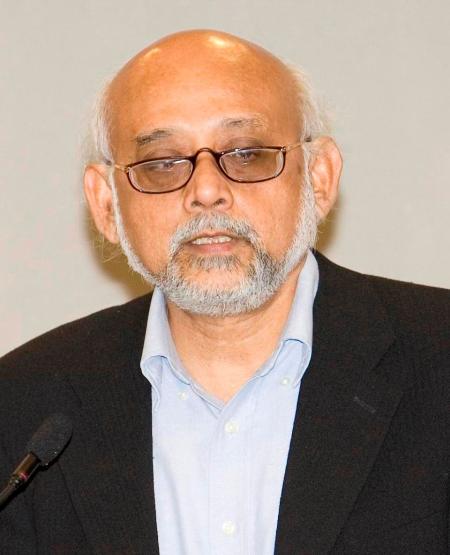Democracy and Economic Transformation in India
Professor Partha Chatterjee is working on a series of historical-anthropological studies entitled "Empire Against Terror." His book, A Princely Impostor? The Strange and Universal History of the Kumar of Bhawal, was published in 2003. It is a book on a court proceeding in Bengal in 1934-36 on establishing the identity of a person. The case offers several interesting problems regarding colonial assumptions on Indian identity, popular beliefs on political authority and personal morality and finally the techniques of the modern state to establish identity. The second project is a series of critical inquiries into the modern state as it has developed in the ex-colonial countries of Asia and Africa. It takes up questions such as national borders, sovereignty, citizenship, welfare and democracy. He is also actively engaged in the collective project of Subaltern Studies.

